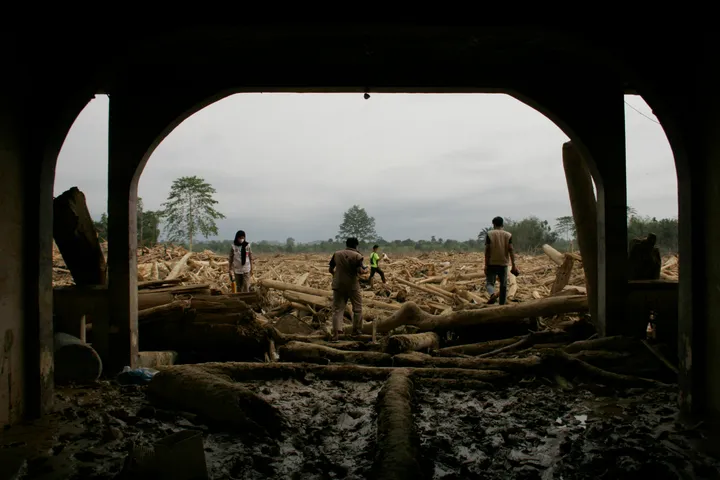Post-coup violence has pushed the number of displaced people in Myanmar to over one million for the first time, the UN has said, warning of "dire" conditions as the monsoon approaches and fighting rages.
Almost 700,000 people have been forced to flee their homes since the toppling of Aung San Suu Kyi's government last year, the UN Office for the Coordination of Humanitarian Affairs (UNOCHA) said on Tuesday.
Civilian militias have formed to fight back against the coup across the country, and the junta has responded with an onslaught that rights groups say includes razing villages, mass extra-judicial killings and airstrikes on civilians.
The violence has added to an estimated 346,000 people already displaced before the coup.
That includes those affected by long-running conflicts with ethnic rebel groups along the Thai and Chinese borders, and Rohingya Muslims forced from their homes during a brutal 2017 crackdown.
READ MORE: UN says over 3 million in Myanmar need 'life-saving' aid
Threat to displacement camps
More than 12,000 civilian properties are estimated to have been burned or destroyed since the putsch, UNOCHA said, with the approaching monsoon rains threatening more misery for those living in displacement camps.
More than 300,000 of those displaced since the coup were from the northwestern Sagaing region, where fighters clash regularly with junta forces, it added.
It noted that authorities had cut mobile data services across much of Sagaing and neighbouring Magway – another hotspot – and that there were "restrictions" in place affecting the transport of rice, medicine and fuel.
'Dire need for health services'
"Reports suggest there remains a dire need for health services, food, and relief items and shelter in these areas," it said.
Diplomatic efforts to end the crisis are moribund.
A "consensus" brokered last year by the Association of Southeast Asian Nations aimed at facilitating dialogue between the military and its opponents and the delivery of humanitarian aid has been largely ignored by the junta.
In March junta chief Min Aung Hlaing said the military would "annihilate until the end" its opponents.
More than 1,800 people have been killed and more than 13,000 arrested in the junta's crackdown on dissent since the coup, according to a local monitoring group.
READ MORE: US to recognise 'Rohingya genocide' by Myanmar military
























